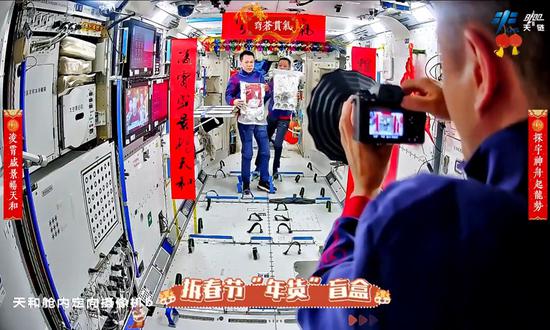
The taikonauts aboard the Tiangong space station celebrate the Spring Festival in space during the Shenzhou-17 mission. Despite being far away from home, they manage to have a fulfilling and rich festive life. (Photo/Screenshot from episode of the Tiangong Television series released by the China Manned Space Agency)
Despite being in the distant reaches of space, three taikonauts of the Shenzhou-17 manned spaceflight crew aboard the China Space Station celebrated a colorful and busy Spring Festival marking the Year of the Dragon, with deep feeling of warmth of home and the joy of the festival in China's heavenly space home, latest episode of space vlog series Tiangong Television showed.
During the first three days of the Spring Festival holidays, the three taikonauts arranged their own activities, including video calls with family and colleagues, and engaged in recreational activities freely. Subsequently, the training and work of the three taikonauts proceeded in an orderly manner, Global Times learned from mission insiders.
According to the latest episode of the Tiangong Television series released by the China Manned Space Agency on Sunday, on the New Year's Eve, Shenzhou-17 mission commander Tang Hongbo, and his fellow crewmembers Tang Shengjie, and Jiang Xinlin put on the festive "auspicious cloud attire," hung up lucky couplets, and pasted New Year paintings.
They adorned the China Space Station's Tianhe core module, Wentian and Mengtian experimental modules with Spring Festival couplets, fully embracing the New Year atmosphere while also sending Lunar New Year blessings to the ground support team.
Even in space, the crew didn't miss out on the New Year's Eve dinner. Besides traditional festive food such as dumplings and Eight Treasures Rice, the crew had also enjoyed a total of 10 dishes of unique Chinese cuisine, representing the blessing message of perfect 10. These were all carefully prepared by ground researchers as a special Chinese New Year gift for the three taikonauts.
The crew also watched and even performed singing at the Spring Festival Gala live in orbit, according to the Tiangong Television episode and the vlog highlighted a remarkable moment where the crew members interacted with the giant panda via the screen.
China's Shenzhou-17 crew members also extended their Spring Festival greetings via video from space on February 9, Chinese New Year's Eve. Onboard the country's space station, the three taikonauts expressed their wishes for the prosperity of the motherland and all Chinese people.
"We have a full and happy Chinese Lunar New Year in space," said Tang Hongbo.
Tang Shengjie, a first timer to space, said he missed the motherland and the family. "It is a precious life experience for me to spend the Lunar New Year in space for the first time."
Jiang wished the country "vigorous and prosperous," and the Chinese people of all ethnic groups "good luck and good health."
Except for the Chinese New Year celebration, the new episode also revealed that the crew underwent a routine body check-up and carried out physical exercises in space.
The crew is the third batch of taikonauts that have celebrated the Chinese New Year in orbit, following the Shenzhou-13 and -15 crews.
Chinese netizens have left proud messages online, lauding the record that us Chinese people have celebrated the Chinese New Year for three consecutive years in space. Some noted that "it is surely a display of Chinese strength."
Chinese space watchers applauded the feat, saying that it was a confidence show of China's manned space capabilities such as the space-ground communication technology and the space cargo transport technology, which sustained the life quality of the taikonauts to be as comfortable as us on Earth.
The Shenzhou-17 spacecraft celebrates the Spring Festival in orbit, creating a festive atmosphere. This marks the third consecutive year that our Shenzhou taikonauts have celebrated the Lunar New Year in space, showcasing the confidence of China's aerospace capabilities. For every Chinese person on Earth, this serves as both encouragement and inspiration, observers noted.
On October 26, 2023, the Shenzhou-17 manned mission sent the three taikonauts to the country's space station. The crew is the youngest in orbit since the space station first began construction.









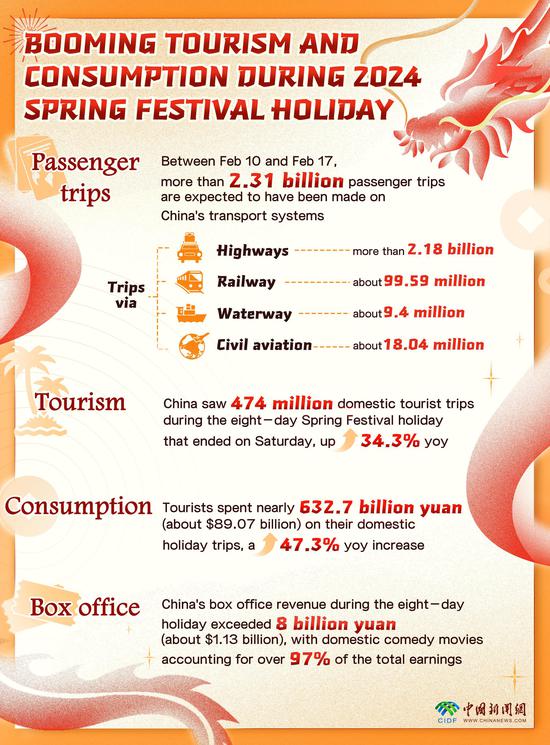
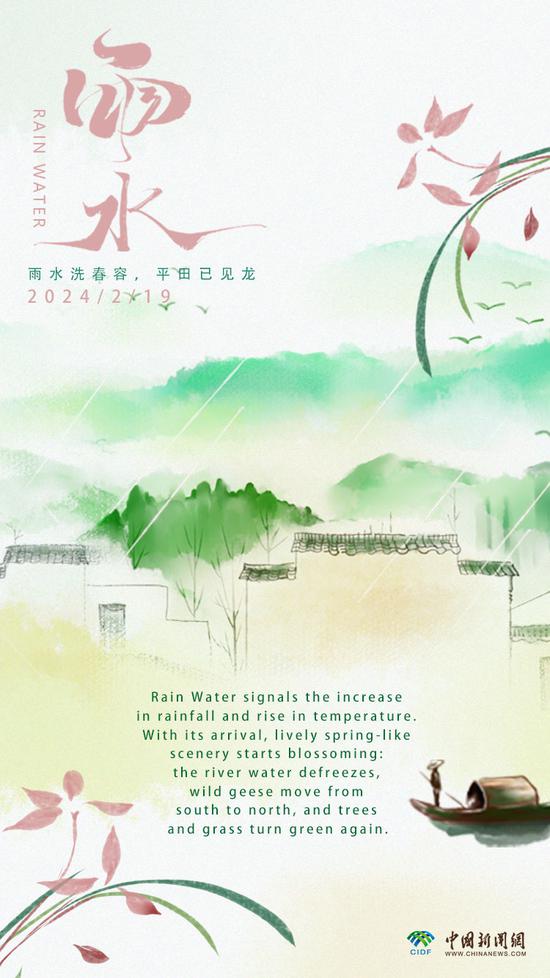
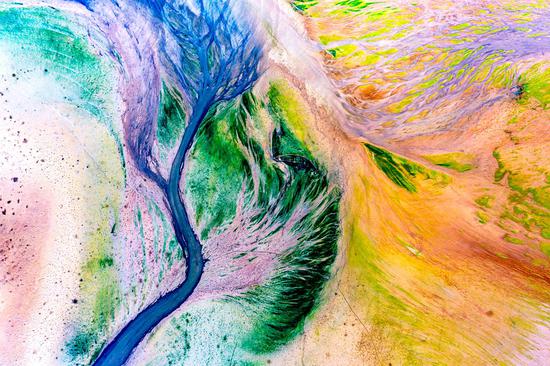
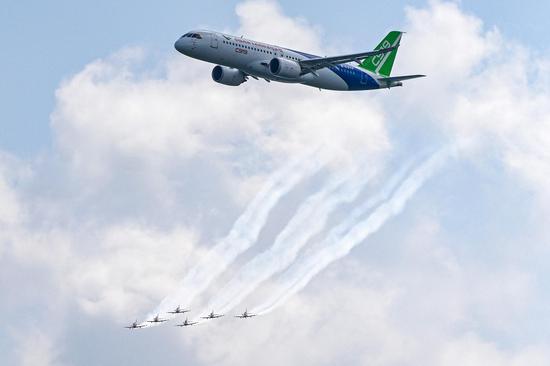
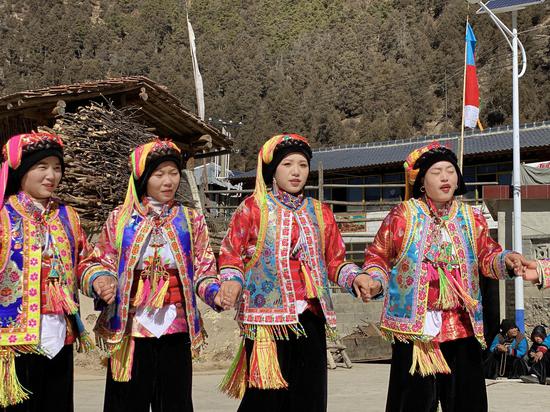
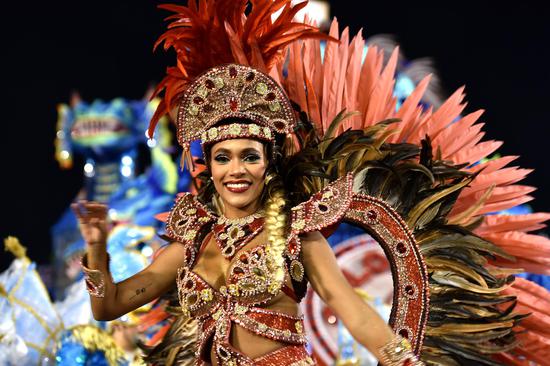
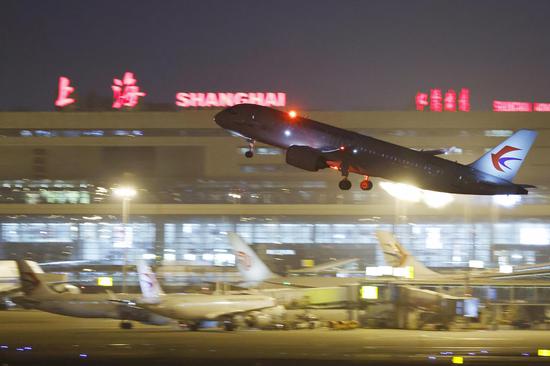
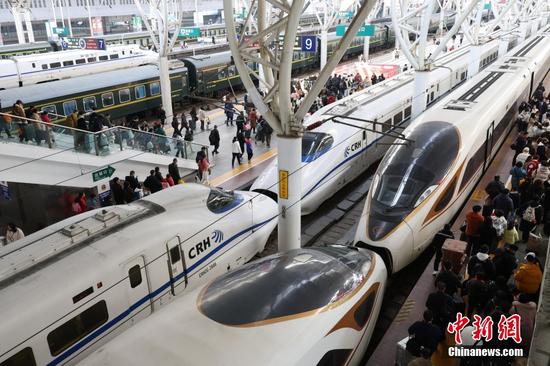
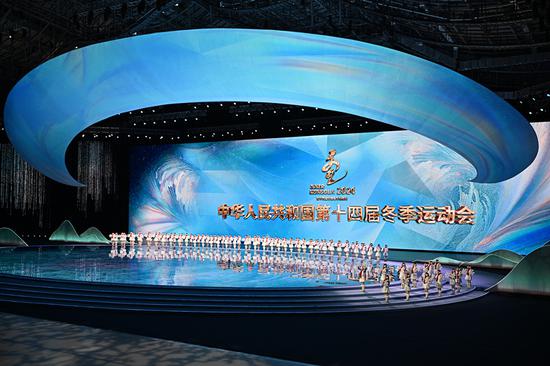
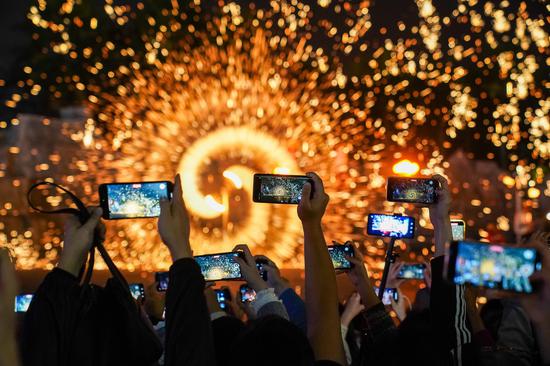
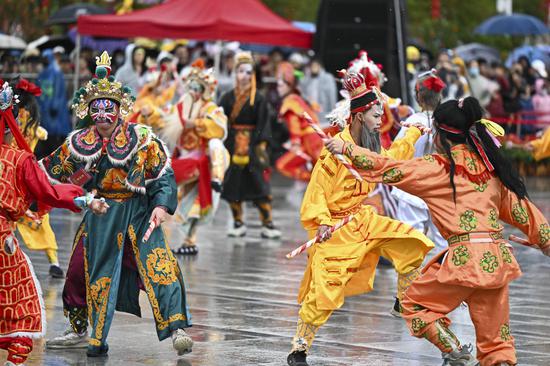

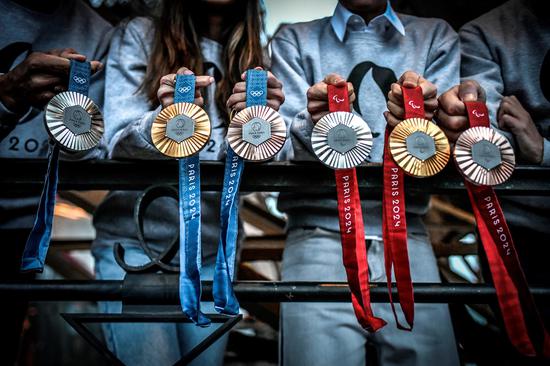
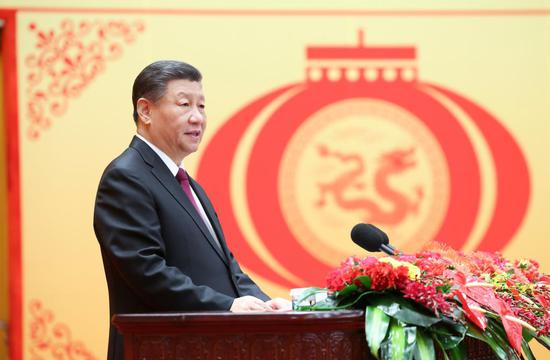
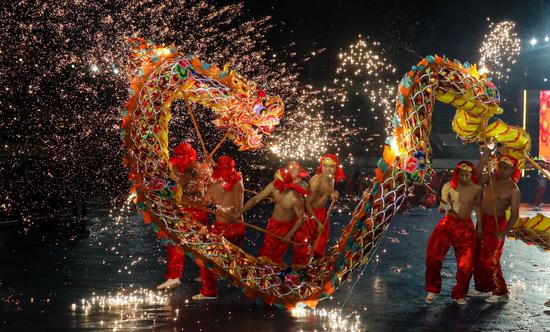

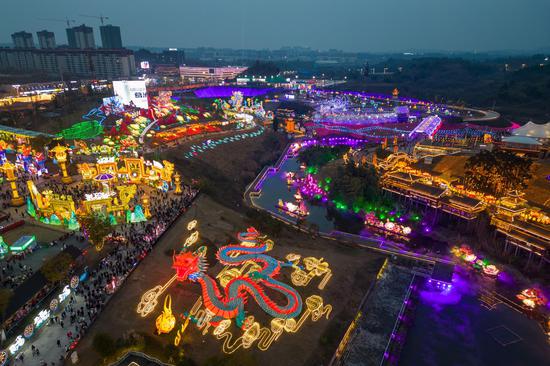

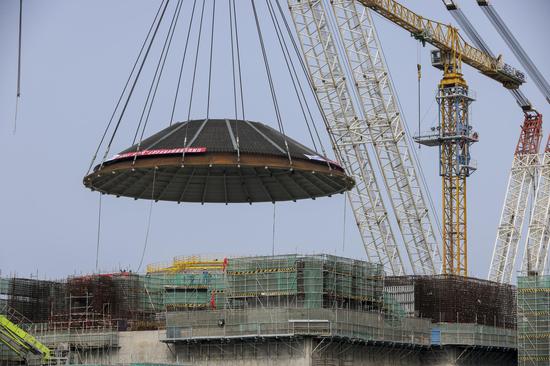
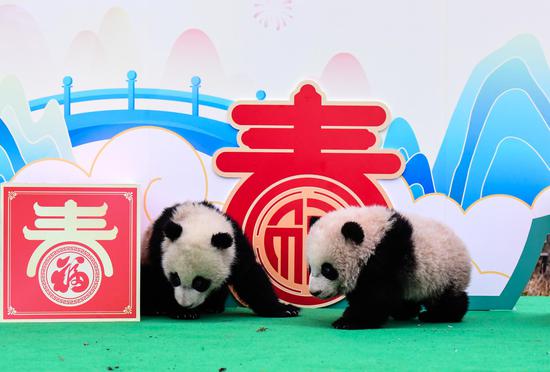
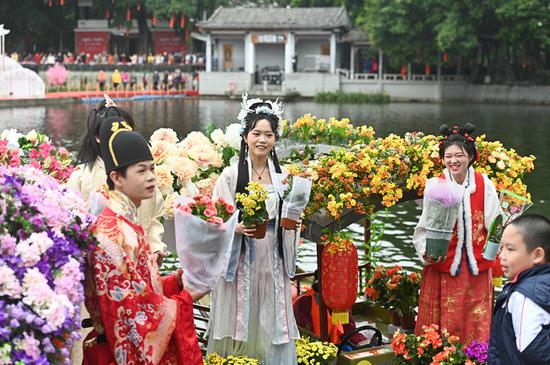

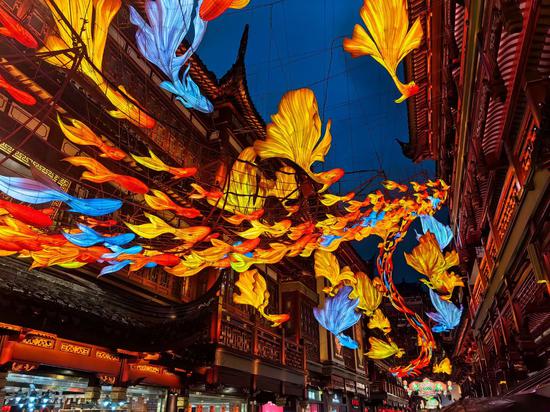
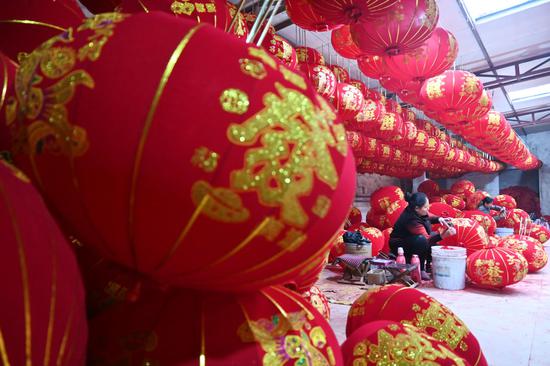
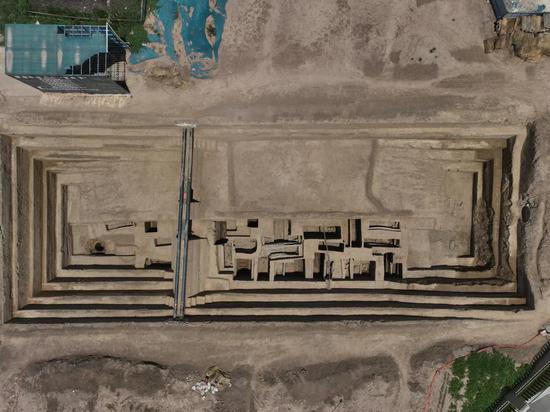
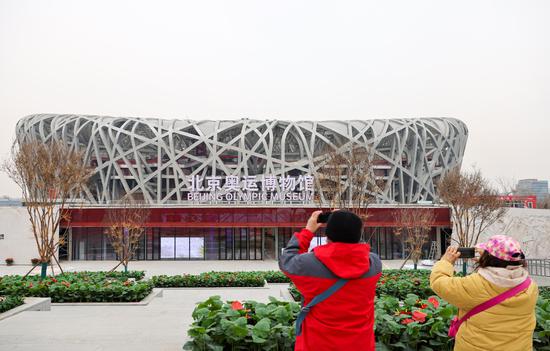
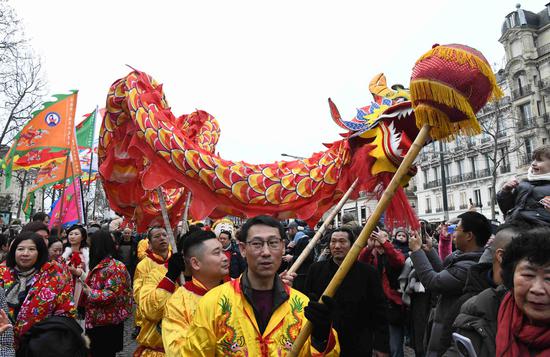
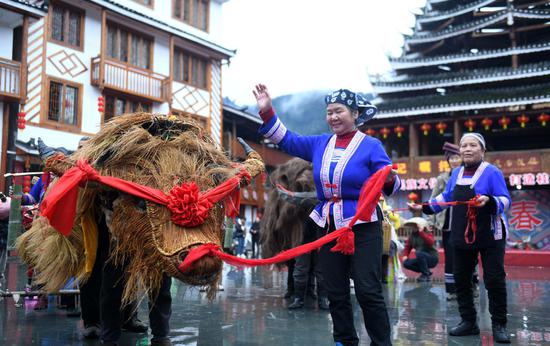
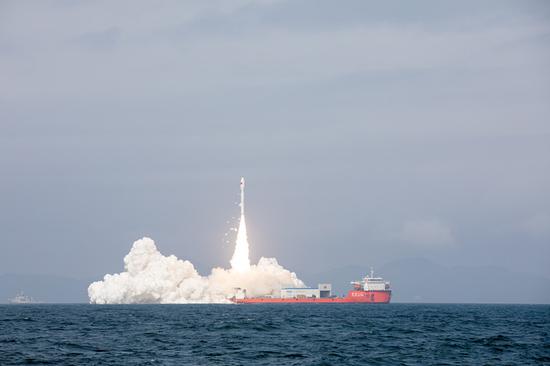
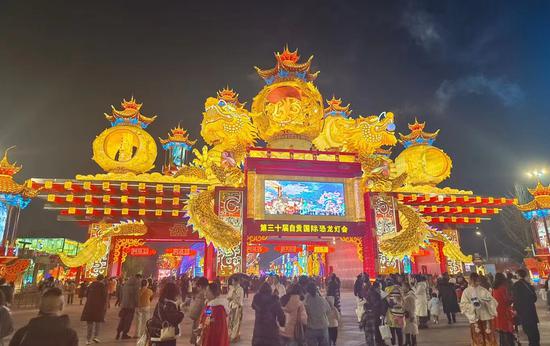

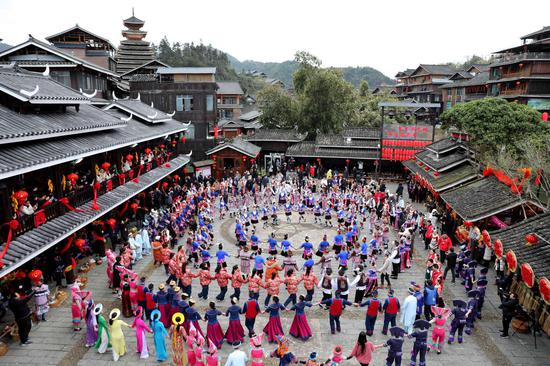
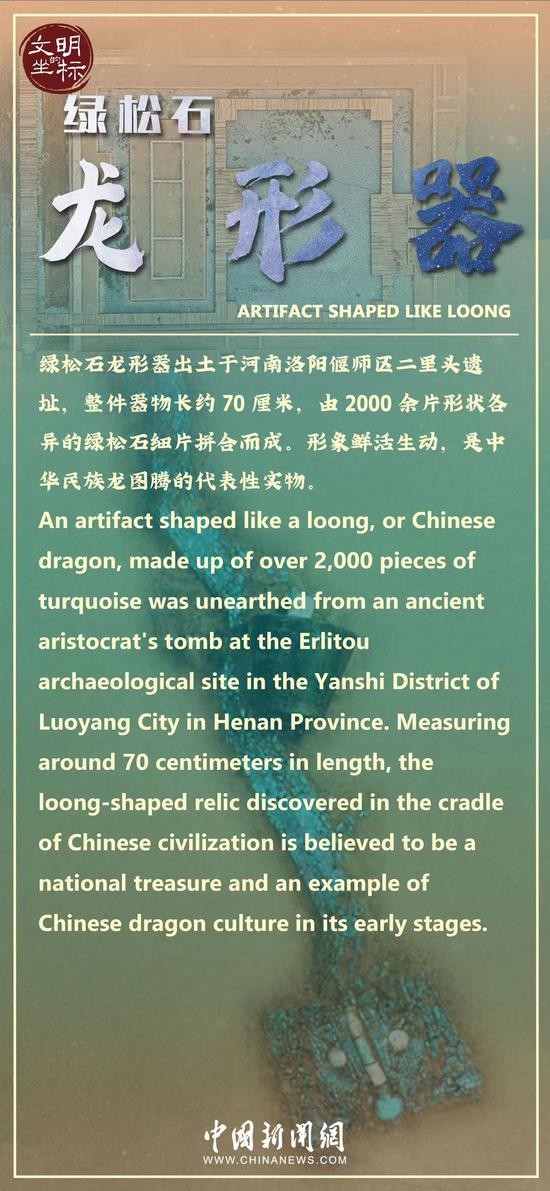
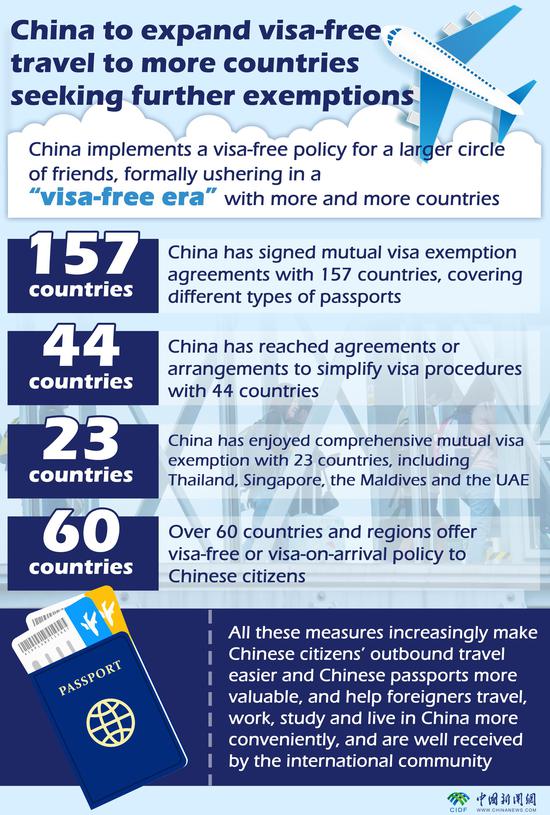
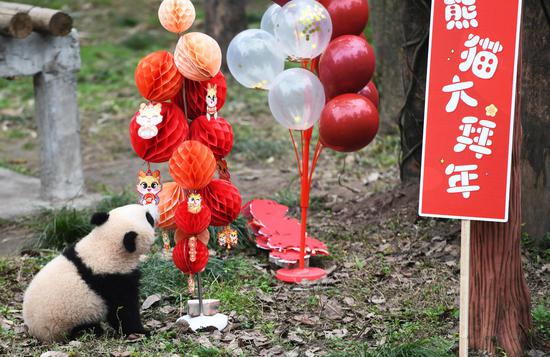
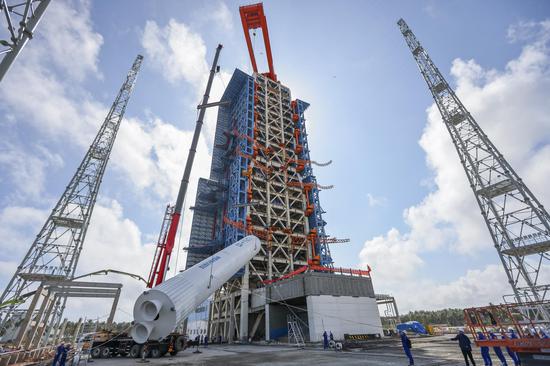





 京公网安备 11010202009201号
京公网安备 11010202009201号